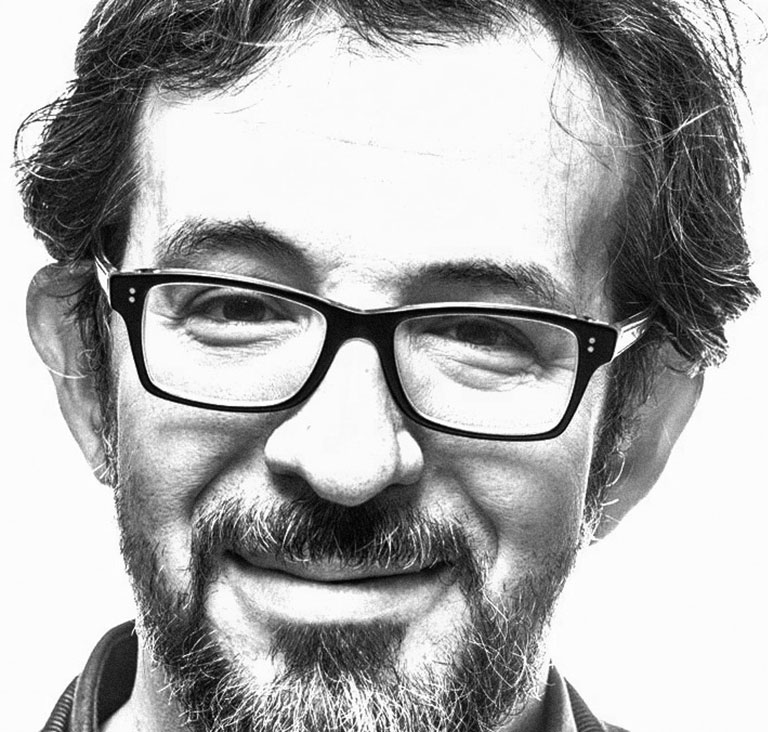

SERGEI GEPSHTEIN
M.Sc., Ph.D., is a scientist working in the areas of perceptual psychology, sensorimotor neuroscience and computational neuroscience, trained in neurobiology (Weizmann Institute, Israel), experimental psychology (University of Virginia, USA), and vision science (University of California at Berkeley, USA).
He is a member of the Center for Neurobiology of Vision at the Salk Institute for Biological Studies in La Jolla, California, where he studies perception and action from the mechanistic point of view of neuroscience and from a point of view that respects visual experience as a research focus in its own right. Before joining the Salk Institute, he concentrated on stereoscopic vision and interaction of vision and haptic sense at the University of California, Berkeley; then studied computational principles of perceptual organization and boundaries of perceptual experience at RIKEN Brain Science Institute in Japan.
He directs the Collaboratory for Adaptive Sensory Technologies which he founded at the Salk Institute with the goal to translate results of basic sensory research toward a range of applications: from immersive visual technologies and adaptive sighting devices to urban design and forensic science. In 2018 he joined faculty of the School of Cinematic Arts at the University of Southern California, Los Angeles, where he directs the Center for Spatial Perception & Concrete Experience: a new multidisciplinary platform for investigating experience of space as a sequential, narrative process. He also helps to develop a new educational curriculum at the emerging juncture of neuroscience and architecture at NewSchool for Architecture & Design in San Diego.
His research received awards and grants from the Swartz Foundation for Computational Neuroscience Research (USA), the National Institutes of Natural Sciences (Japan), the National Science Foundation (USA), and the National Institutes of Health (USA). He has served as an editor of scholarly publications that include Journal of Vision, Cognitive Processing, and Oxford Handbooks at Oxford University Press.
He increasingly takes part in research of the built environment and design of immersive media: as a founding member of the USC World Building Institute, as the inaugural recipient of the Harold Hay Research Award from the Academy of Neuroscience for Architecture (ANFA), and as a member of Freeman Design Leadership Council (now member emeritus). In 2016 he joined the Board of Directors of ANFA, to further our growing understanding of human response to the built environment.